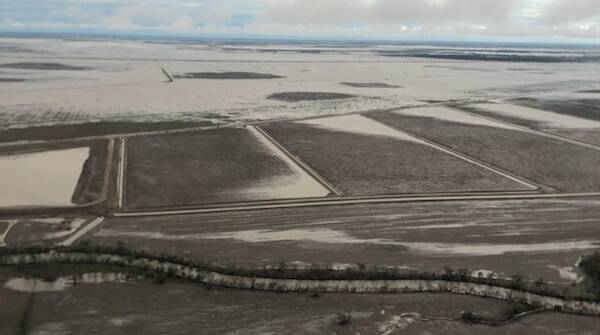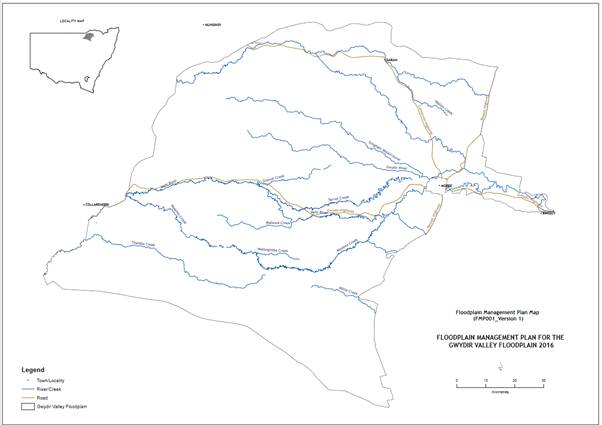
In a milestone for water management in the region, the Gwydir's water sharing plans have been amended to include floodplain harvesting - the taking of water during floods.
Subscribe now for unlimited access.
$0/
(min cost $0)
or signup to continue reading
Gwydir Valley irrigators will be the first in NSW to be licenced for this form of take and locals are predicting a major loss for the region.
Gwydir Valley Irrigators' Association executive officer, Zara Lowein said this was not a win for northern irrigators, as it was often portrayed.
MORE NEWS: Varroa mite found at nine new locations
"On average water users in the Gwydir are losing 30 per cent of their long-term access to flood water which will have more than a $90 million impact to our economy through less production," Mrs Lowein said.
"Make no mistake, this is an environmental reform like no other," she said.
"The reduction in water in our region is almost as much that was recovered for the Murray Darling Basin Plan but without compensation.
"More water will flow to the environment during floods with benefits for the environment far outweighing the certainty that licencing may bring our industry."
READ MORE:
Mrs Lowein said this was the final form of water in the region to be licensed and had taken 20 years of delays and deliberations with licences to begin by September 1.
She said the reform was a key step to ensuring the future sustainability of the region.
"It will enable the industry to meet legal and community obligations - to have all water take limited, measured and reported," Mrs Lowein said.
"Being able to demonstrate responsible water use was always a key reason we supported the reform," she said.
"With the water sharing plans amended and licences enabled, our members will prove this commitment through implementing new measurement requirements.

"This water take data will highlight that floodplain harvesting represents a small proportion of total flood flows and that we don't access flood water during a drought.
"New environmental rules will also provide clarity that during droughts, rivers must flow before floodplain harvesting can begin," Mrs Lowein said.
"Each of these new rules are what many in the community expect," she added.
"All we hope is that now it is licensed, communities can move forward and work to address many of the remaining water management issues like how Menindee Lakes are managed, which have been over-shadowed and sidelined by this reform."

